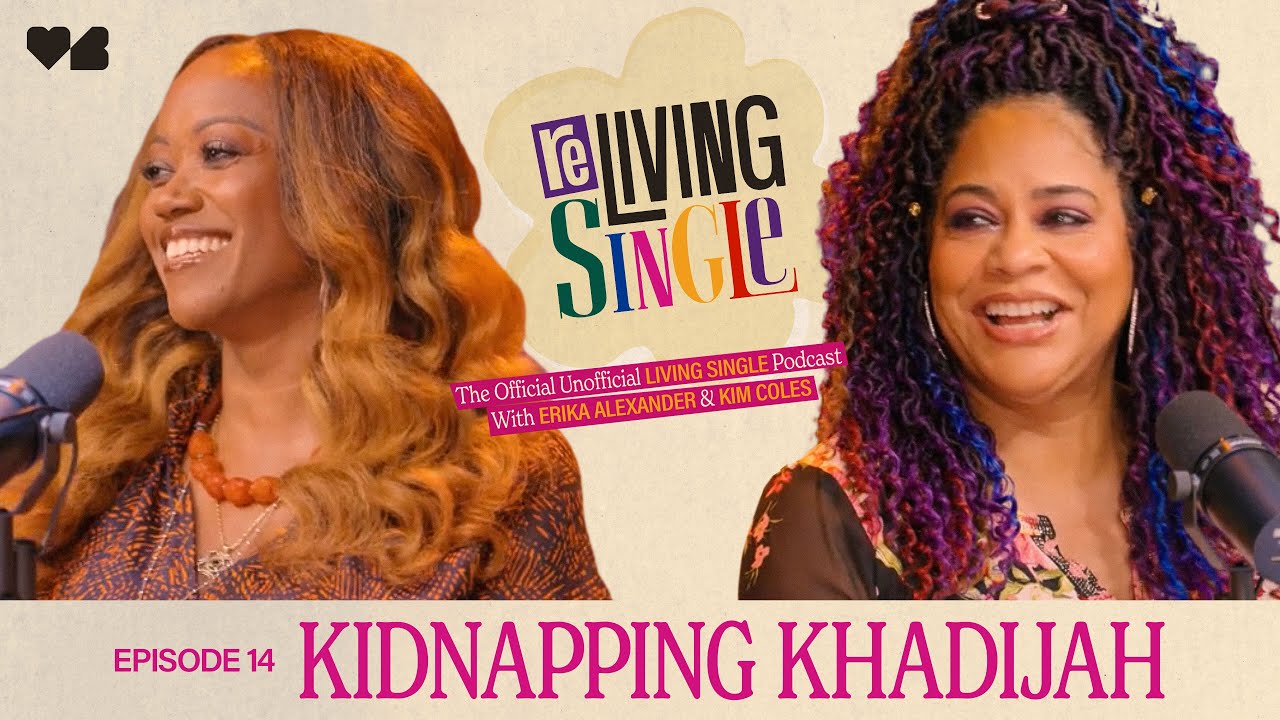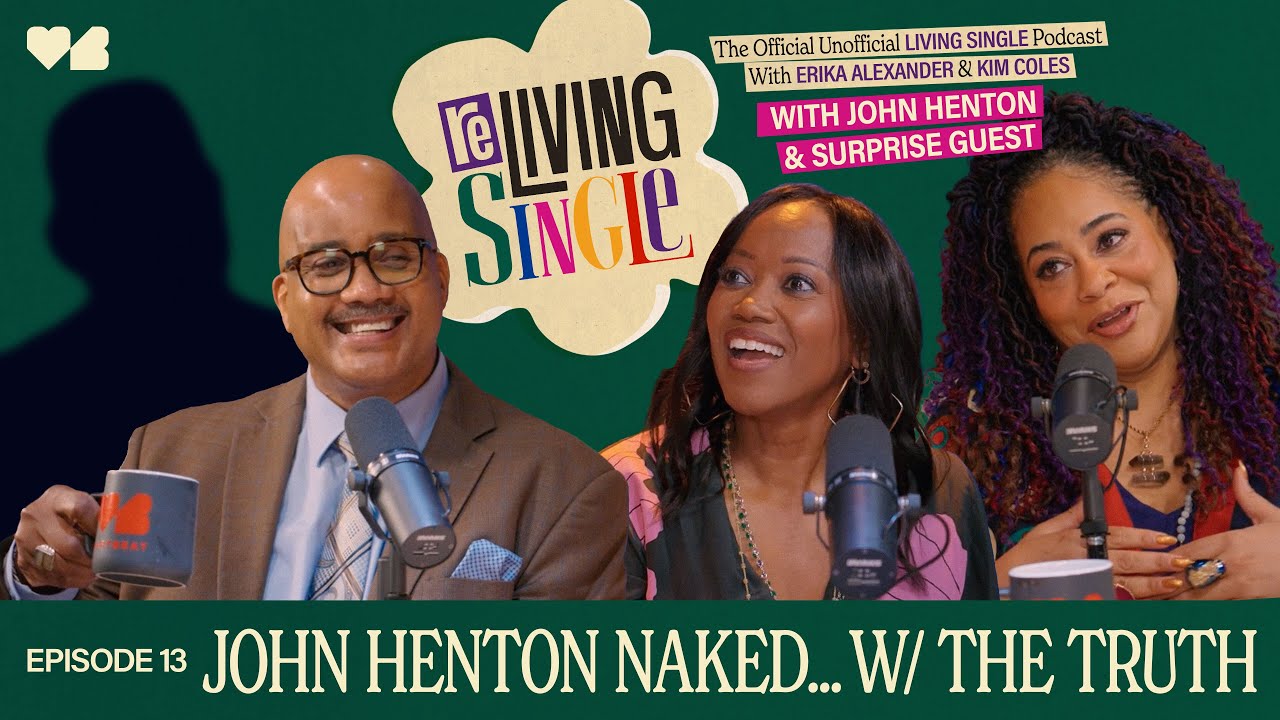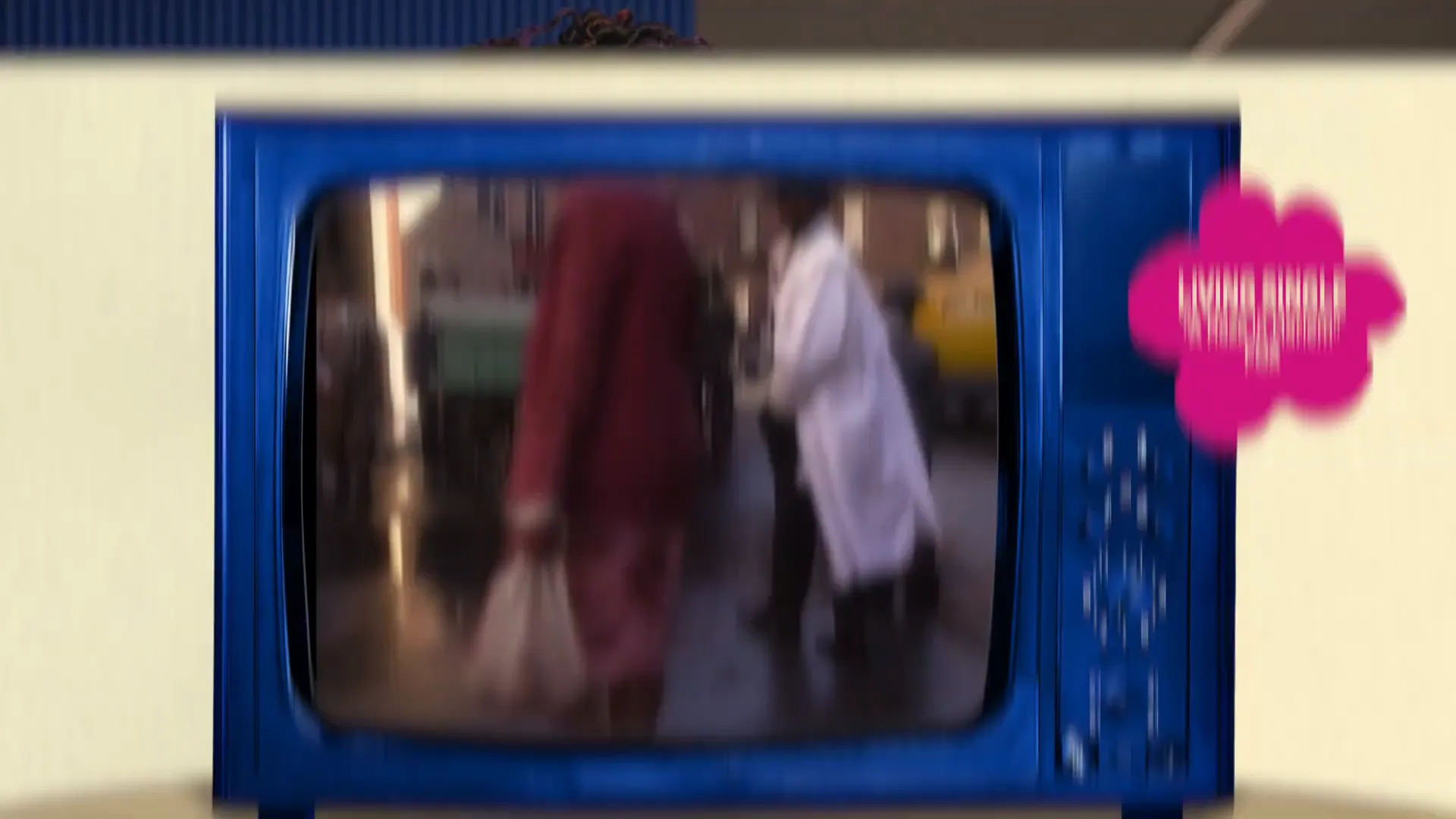
Welcome to a deep dive into one of the most memorable episodes from the iconic show Living Single, re-explored by Erika Alexander and Kim Coles on the ReLiving Single Podcast. Season 1, Episode 6, titled “In the Black is Beautiful,” isn’t just a fun throwback; it’s a candid conversation about money, friendship, integrity, and the realities that many entrepreneurs face—especially Black women.
Setting the Stage: Money, Friendship, and Integrity
Money can be a tricky subject, especially when it involves friends. Erika and Kim kick off the episode with a familiar, relatable vibe—discussing lending money and never really expecting it back. But beyond the jokes and playful banter, the episode dives into something more serious: Khadijah, played by Queen Latifah, borrowing money from Max (Erika Alexander) to keep her magazine, Flavor, afloat.
What’s fascinating here is the tension between financial need and personal pride. Khadijah is determined to keep her magazine’s reputation intact, even if it means turning down a lucrative but compromising ad from a malt liquor company. It’s a story about standing firm in your values, even when the money is tight.
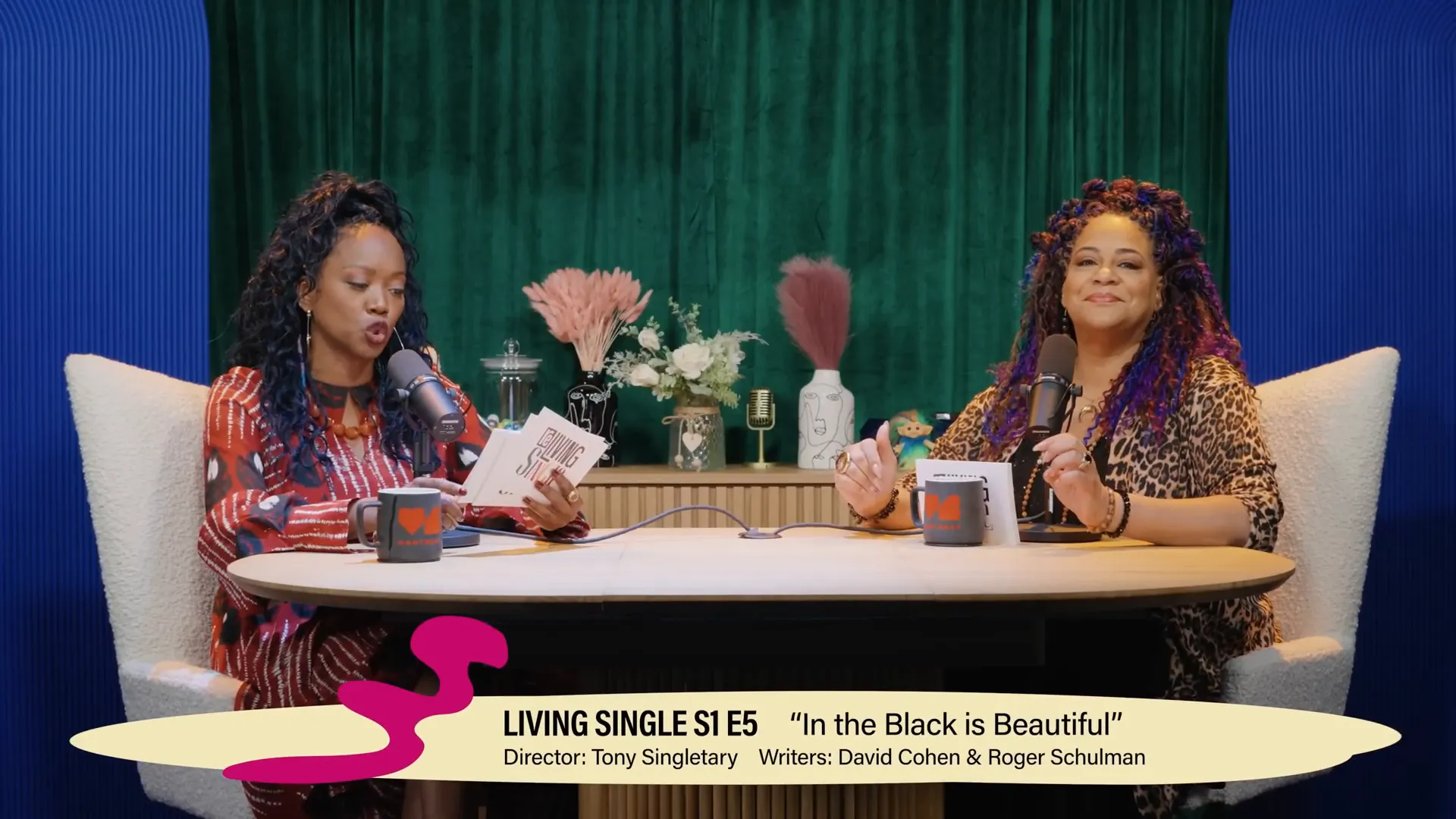
The Dynamic Duo: Maxine Shaw and Khadijah James
The chemistry between Max and Khadijah is a highlight. Erika shares how she and Queen Latifah bonded over being tomboys from different worlds—city versus country—but with a shared distaste for heavy hair and makeup. Yet, when it came time to hit the red carpet, both women cleaned up spectacularly, proving that you don’t have to love the glam to rock it.
They also talk about their history beyond the show, including meeting on the set of Essence magazine with their mothers—a beautiful moment that speaks to the real-life bonds behind the characters.
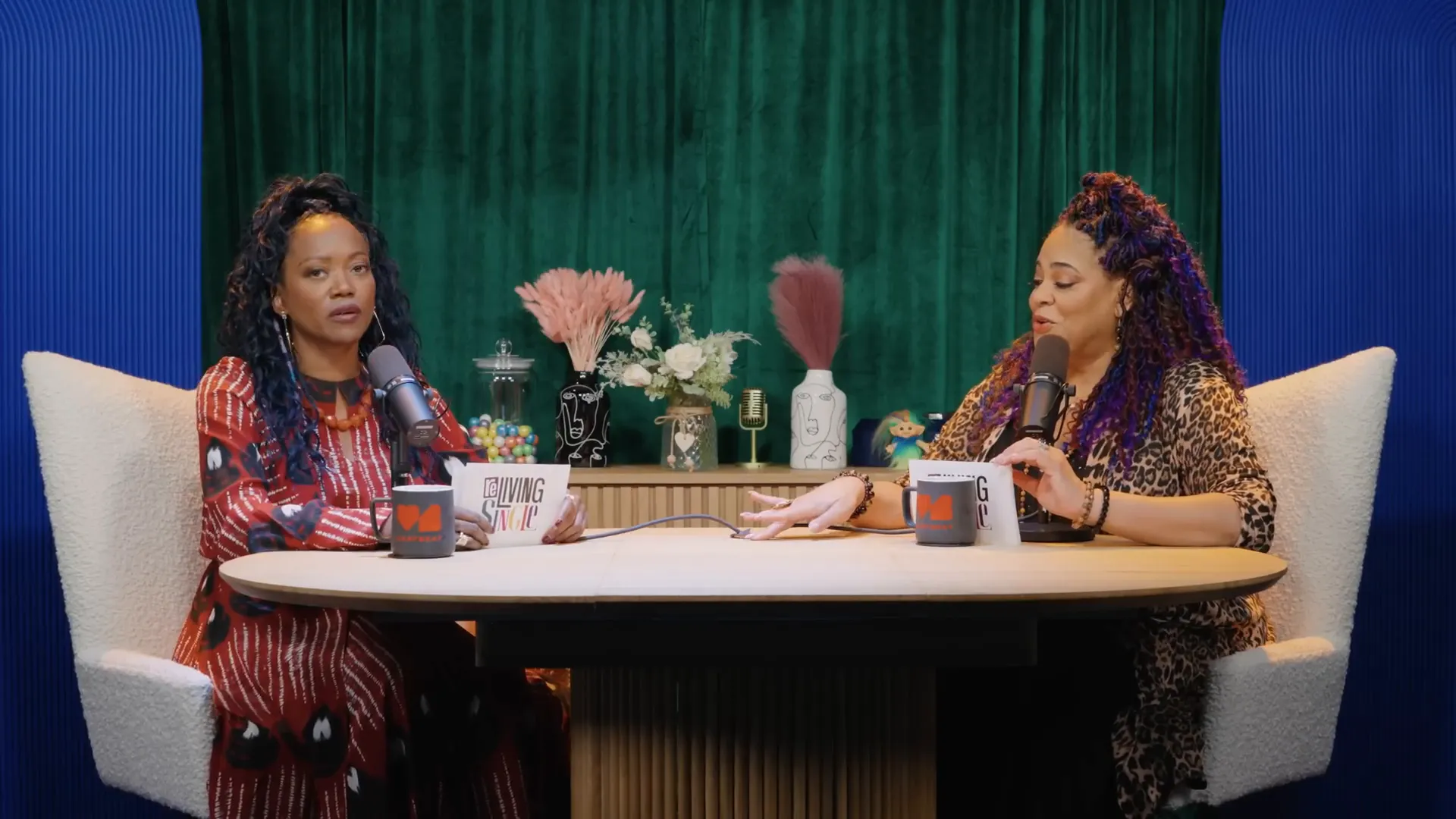
When Business and Friendship Collide
At the heart of “In the Black is Beautiful” is the challenge of mixing business with friendship. Khadijah’s refusal to accept the malt liquor ad is a stand for integrity, but it also puts Flavor magazine on the brink of collapse. Sinclair, Khadijah’s cousin and assistant, spills the beans to Max and Regine about the $2,000 debt to the printer, raising the stakes.
Kim and Erika unpack how this storyline highlights the vulnerability of entrepreneurs, especially Black women who often face a scarcity of capital. Khadijah’s struggle is not just about money; it’s about self-worth and the fear of losing what she’s built.
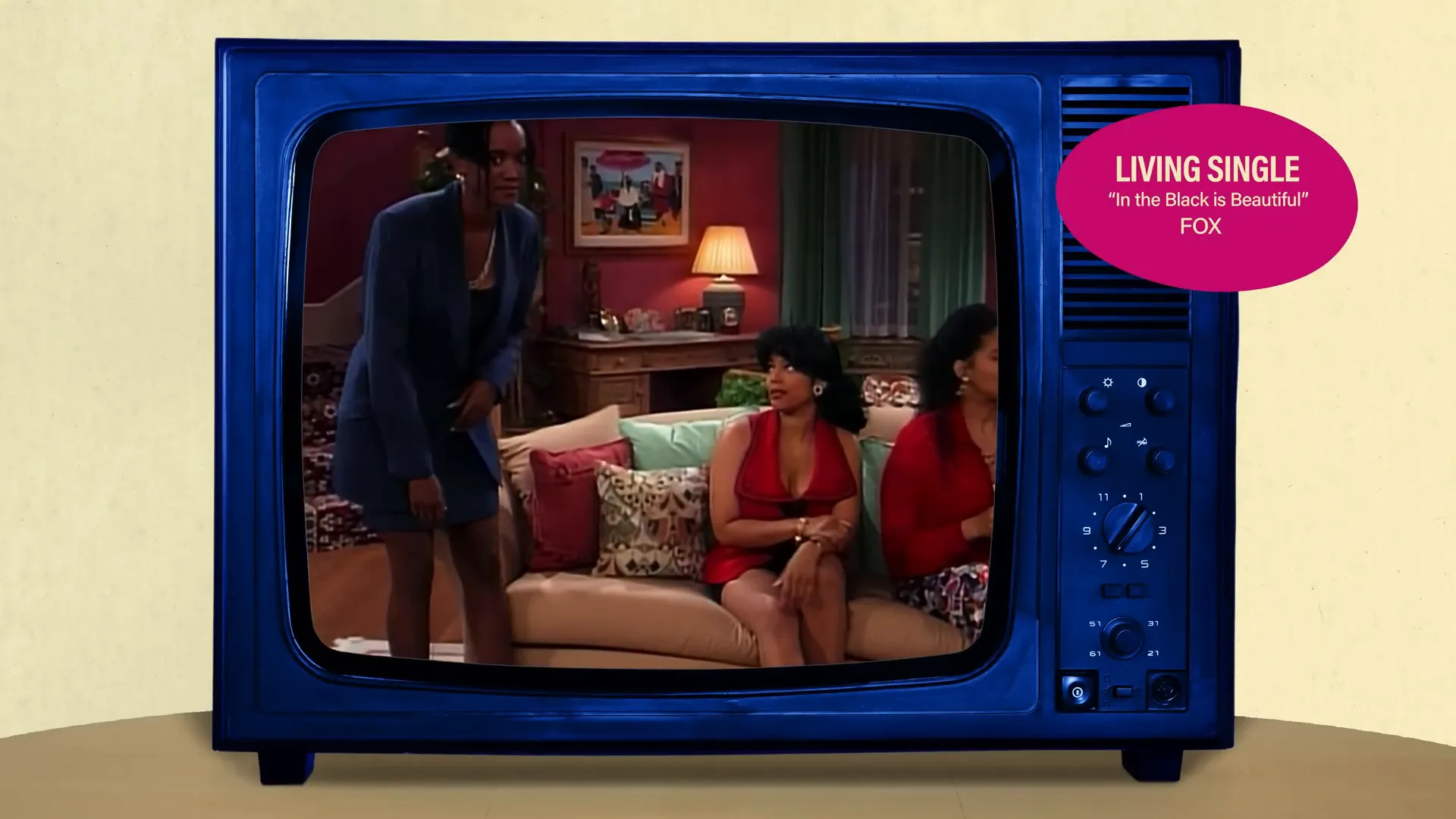
Creative Fundraising and the Power of Community
Rather than lending money directly, Max and Regine come up with a clever plan—a lingerie party fundraiser to help raise the needed funds. The humor in this scene is classic Living Single, with jokes about the discomfort of g-strings and playful banter about fashion and men’s reactions.
This fundraiser symbolizes the power of community and creative problem-solving in tough times. It’s a reminder that sometimes, help comes in unexpected forms, and leaning on your village is a strength, not a weakness.
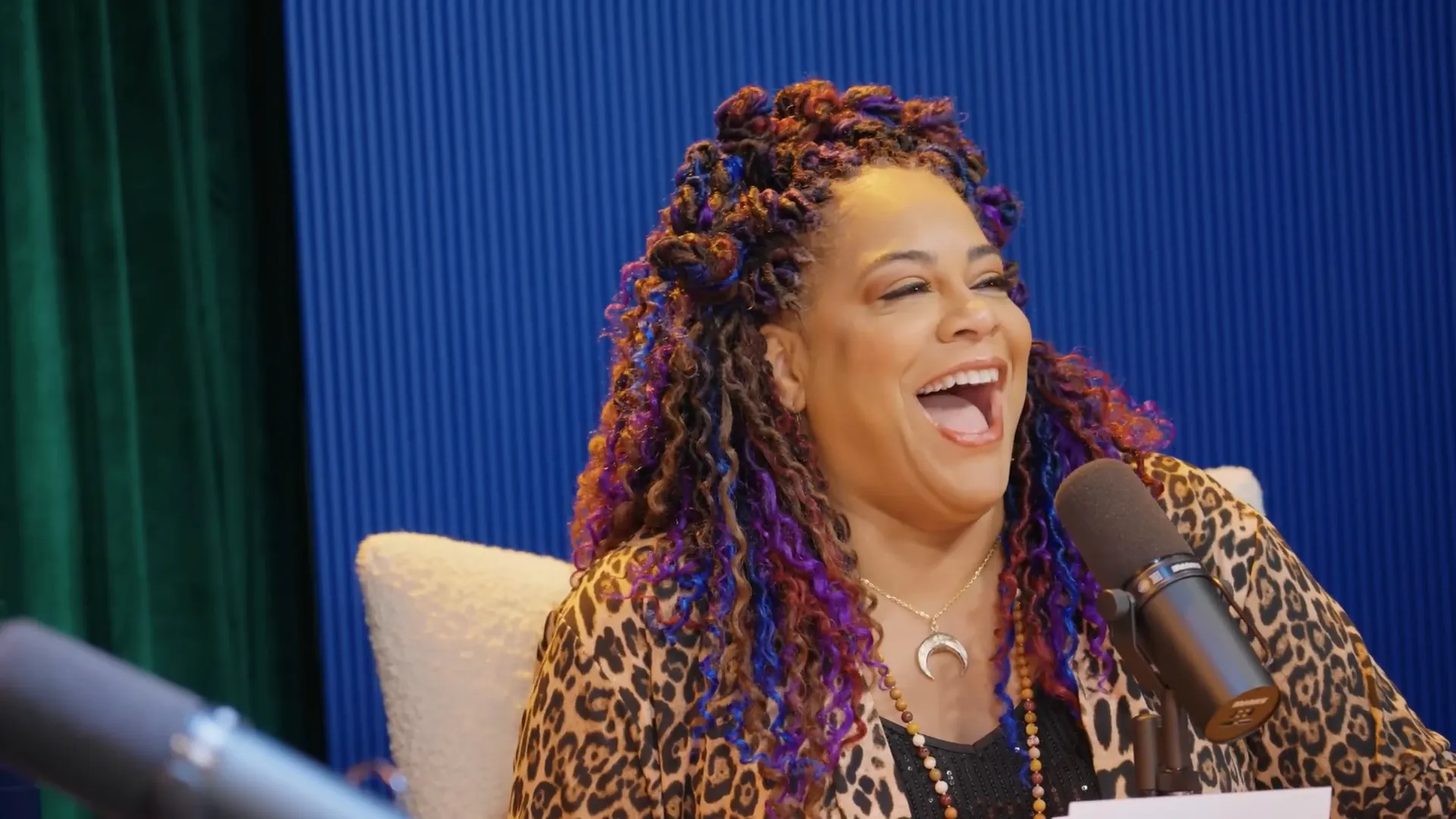
Behind the Scenes: The Real Story of Selling Out
One of the most powerful moments in the podcast is Kim Coles opening up about a personal experience early in her career. She shares how she did a series of radio commercials for a malt liquor company called Champagne—an experience that felt like selling out. She recalls being told to “be blacker” during the recordings, leading her to question what it really means to be “blacker” and the stereotypes embedded in such expectations.
Kim’s story resonates deeply as it reflects the pressure Black artists face to conform to narrow, often harmful portrayals to get work. The ads targeted specific audiences and reinforced stereotypes, and Kim vowed never to do similar work again. This candid confession adds a layer of real-life complexity to the episode’s fictional narrative.
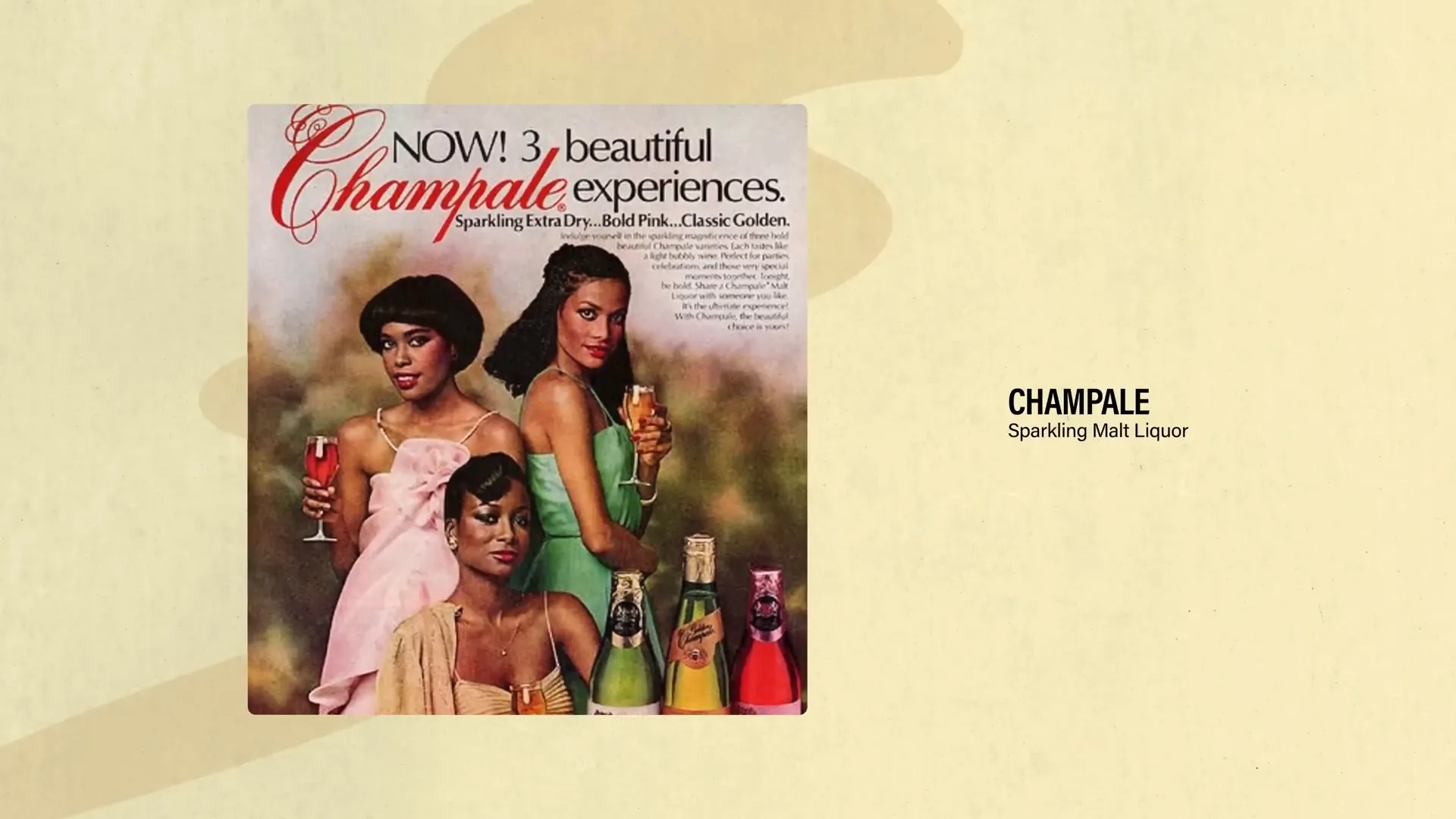
The Struggle for Authenticity in a Competitive Industry
Erika and Kim also discuss the challenges they faced as Black women in entertainment—how roles often demanded exaggerated stereotypes that didn’t feel authentic. Erika mentions how she was frequently overlooked for parts because she didn’t fit the expected mold, and Kim reflects on the emotional toll of trying to please others while staying true to herself.
This discussion sheds light on the broader systemic issues of representation and the limited opportunities for Black women, which ties back to the episode’s themes of integrity, pride, and survival.
Men, Money, and Making Up: A Parallel Storyline
While the women navigate financial tension, Kyle and Overton, the male characters, have their own money dispute over a $24 bowling and beer outing. Their fight is much lighter and resolves quickly, contrasting with the heavier, more emotional struggles of the women.
Erika and Kim highlight how this contrast speaks volumes about gender dynamics and communication styles around money. The men’s quick reconciliation versus the women’s deeper conflict underscores different ways people handle financial disagreements and friendship.
Why Living Single Still Matters Today
In the podcast’s closing reflections, Erika and Kim answer a fan’s question about the show’s relevance today. They affirm that the themes of Black wealth, generational trauma, entrepreneurship, and community are just as vital now as they were in the ’90s.
Kim points out that Black women remain the most entrepreneurial demographic in America, yet receive just a fraction of venture capital—about 0.6%. This stark statistic highlights ongoing disparities and the importance of conversations like those in Living Single.
Erika emphasizes the need for education, unity, and support within the community to overcome these challenges. She encourages seeking and building strong foundations—finding your tribe, leaning on friends, and lifting each other up.
Final Thoughts: Stronger Together
Living Single isn’t just a sitcom; it’s a blueprint for navigating life’s complexities with humor, heart, and honesty. “In the Black is Beautiful” reminds us that money struggles can test friendships, but integrity and community support can help us weather the storms.
Kim and Erika’s reflections deepen the episode’s impact, revealing the real-life challenges behind the laughter. Their candid stories and insights invite us all to think about how we handle money, friendship, and authenticity.
If you’re a Black woman, don’t hesitate to ask for help when you need it. And if you’re not, consider how you can support at least three Black women in your life—because together, we’re stronger.
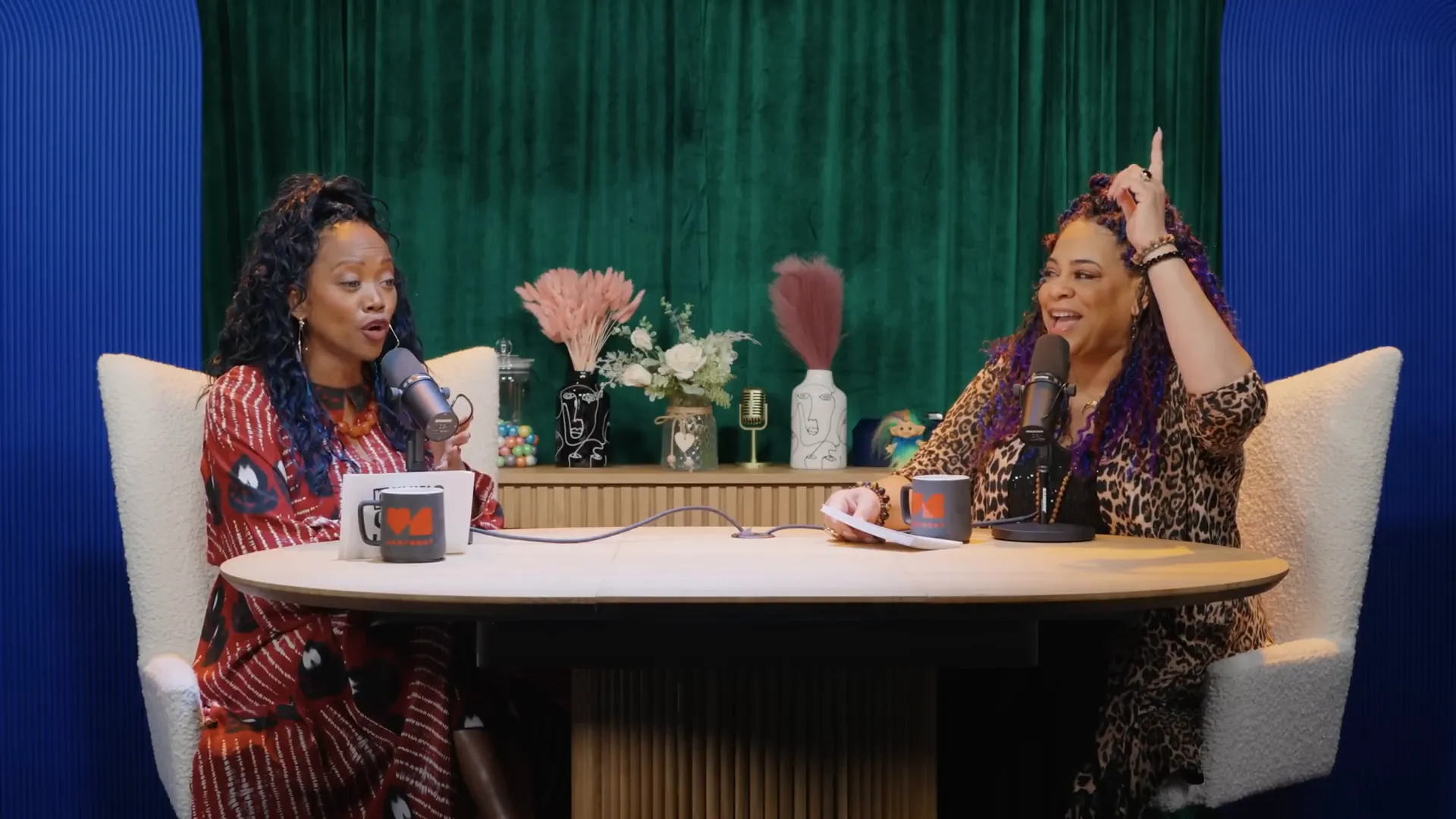
So, whether you’re a longtime fan or new to Living Single, these conversations remain essential. Let’s keep the dialogue going, celebrate Black excellence, and build the village we all need.
Remember to check out the ReLiving Single Podcast for more episodes where Erika Alexander and Kim Coles revisit classic moments and share the stories behind the scenes.

